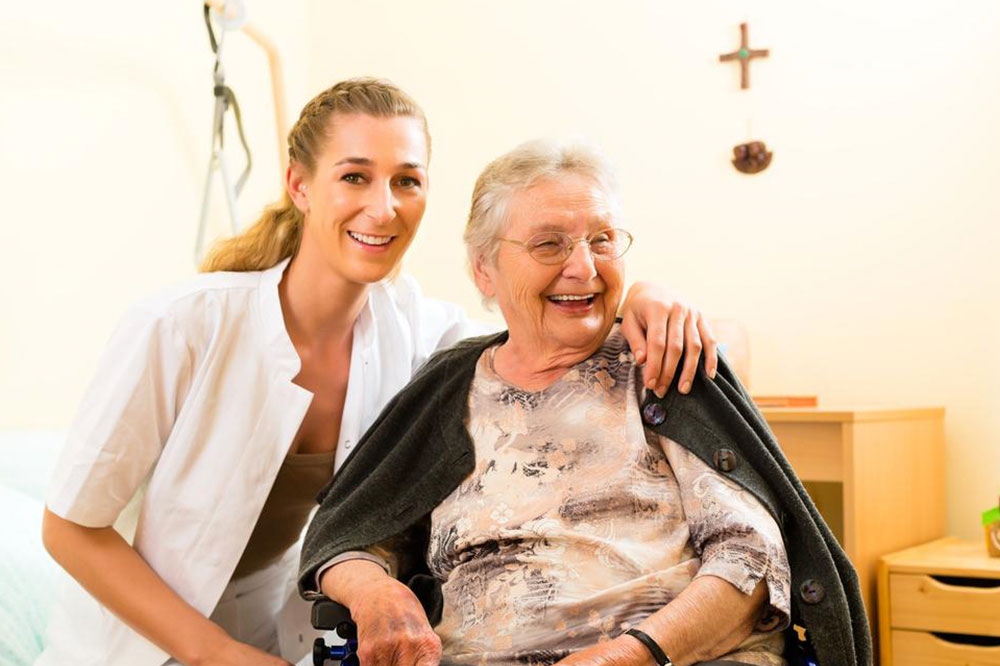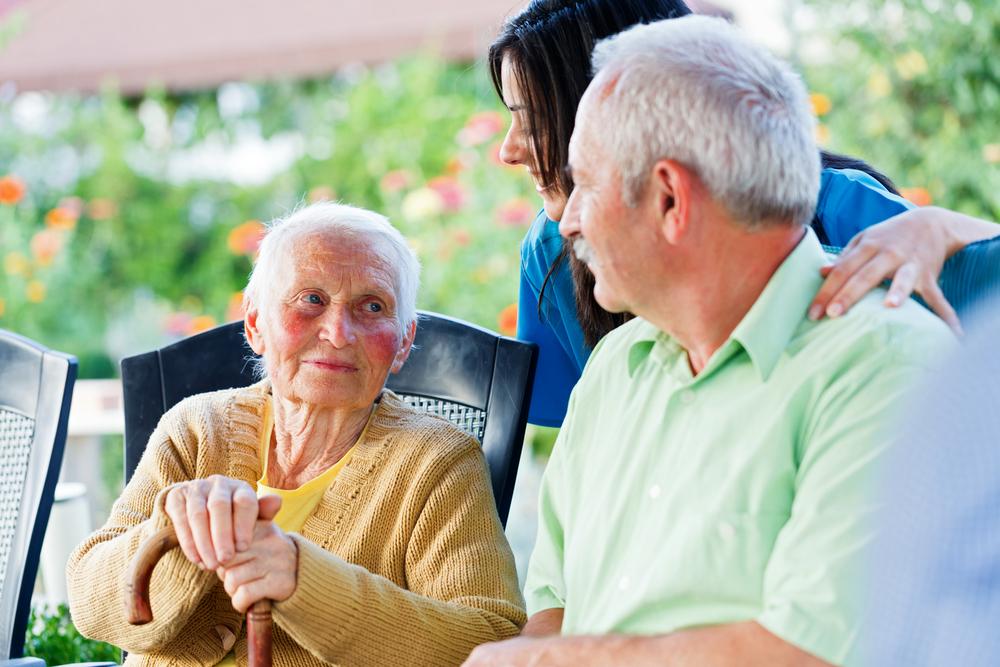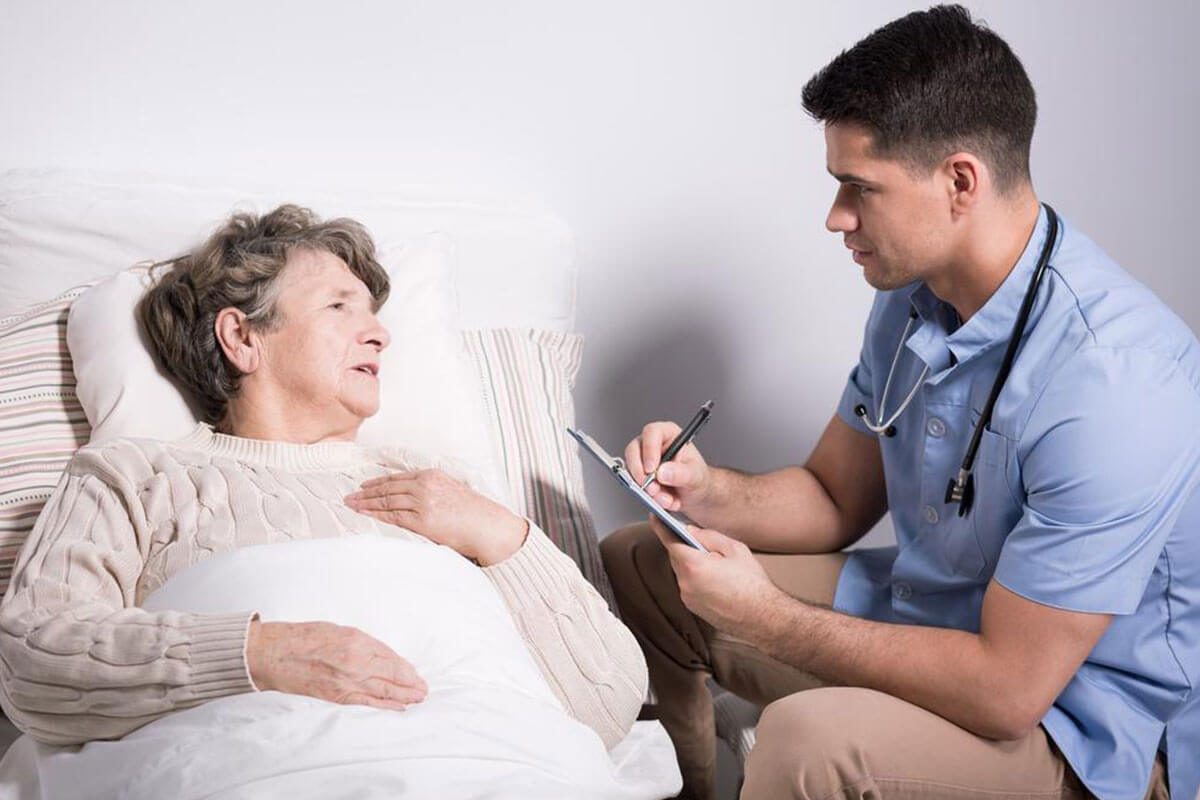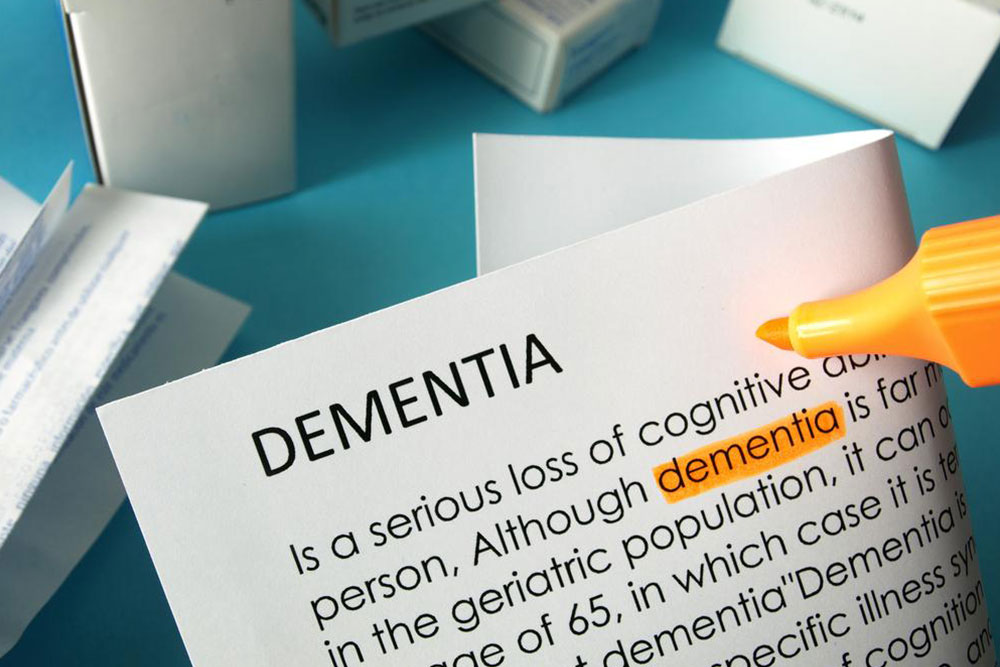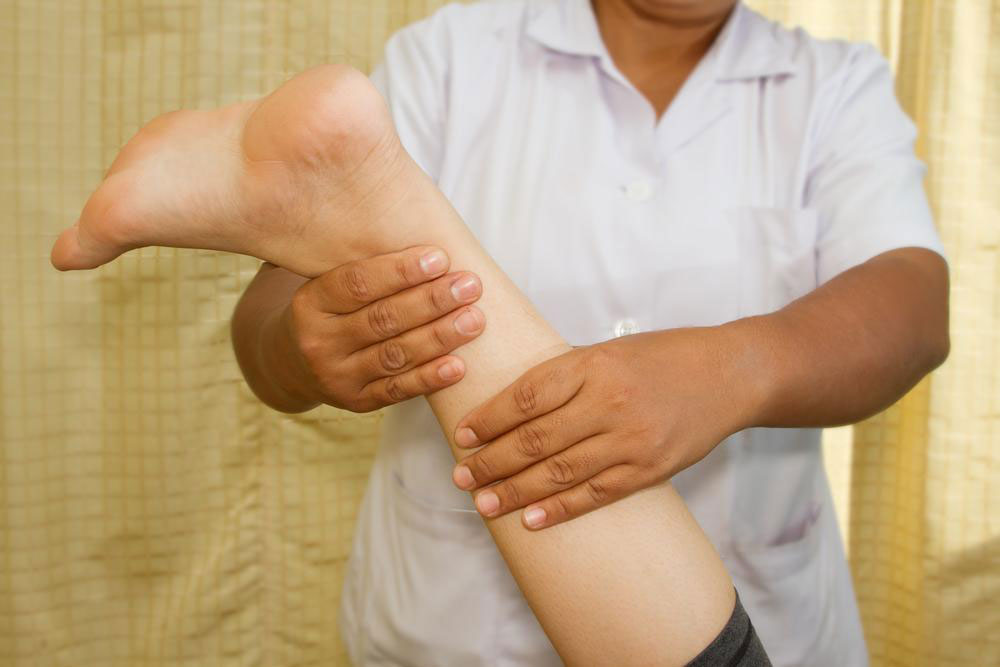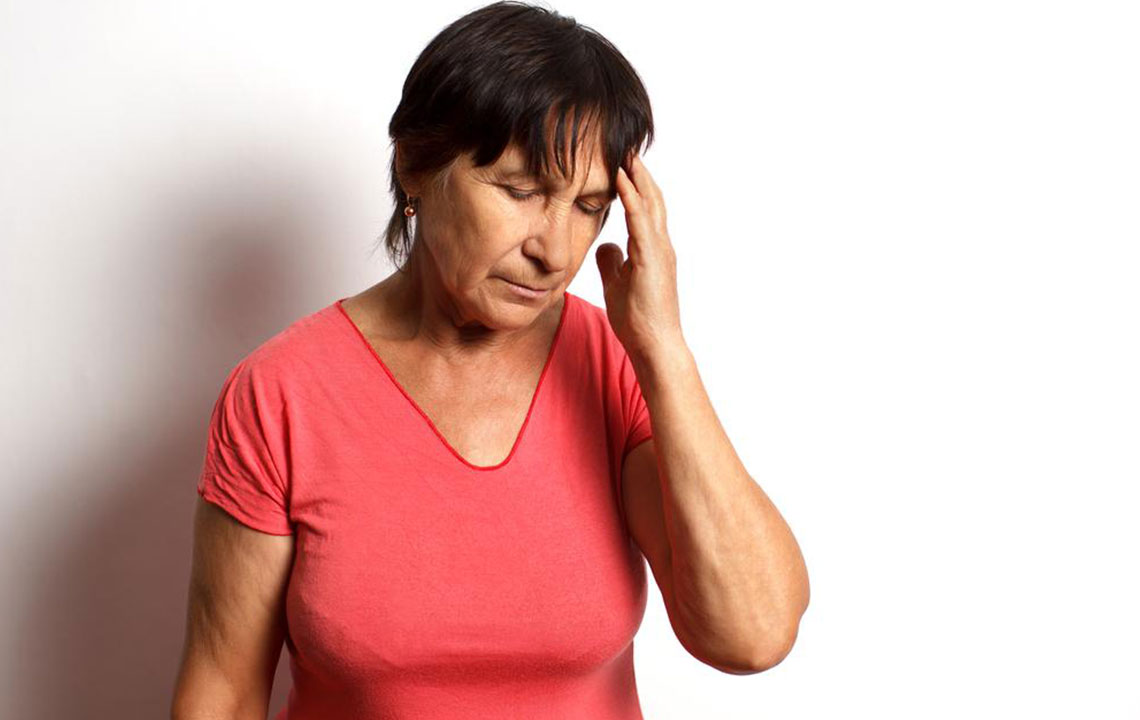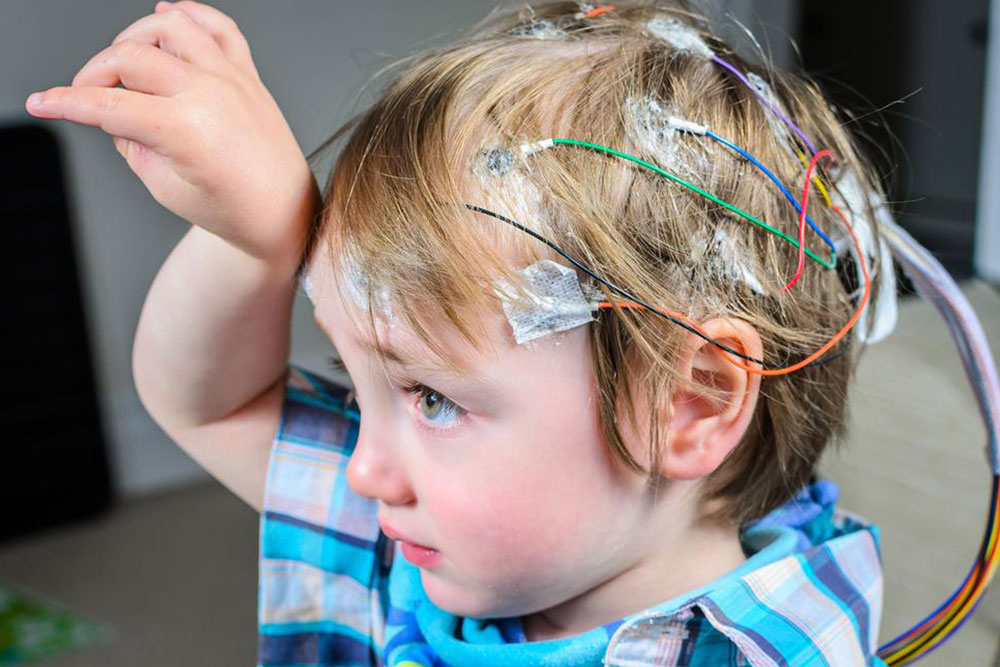Understanding the Seven Stages of Dementia Progression
Explore the detailed seven-stage model of dementia progression, from no symptoms to complete dependence. Understanding each stage helps caregivers and medical professionals tailor treatment plans and provide appropriate support. This overview highlights symptoms, duration, and care needs at different points in the disease. Recognizing these stages early can improve quality of life and facilitate earlier interventions. The article emphasizes the importance of professional medical advice and provides insights into managing dementia over its progression.
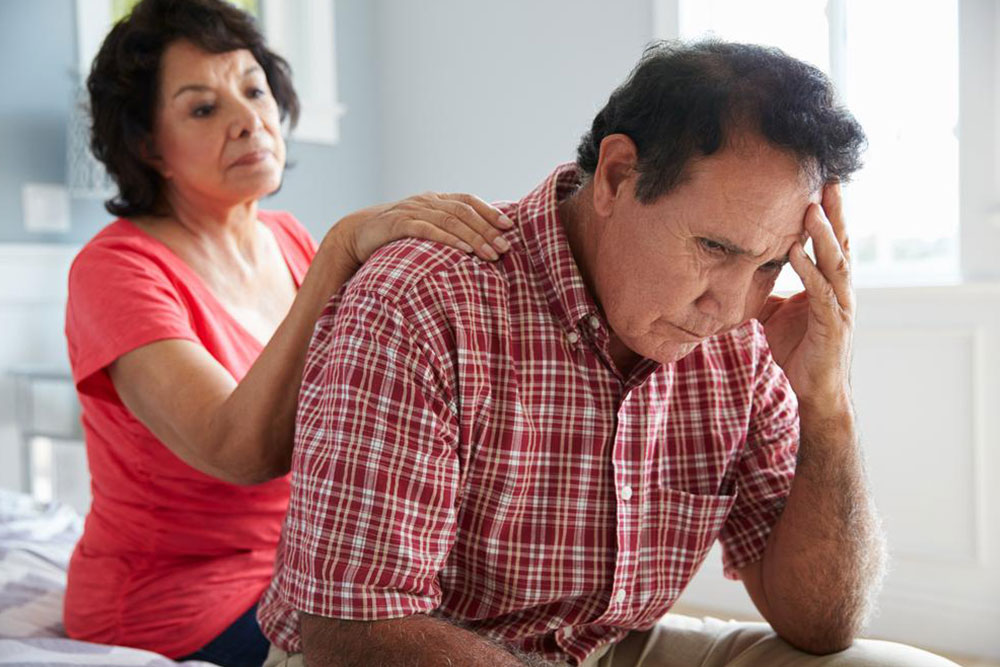
Understanding the Seven Stages of Dementia Progression
Dementia typically progresses gradually over time. Though no cure exists, proper medication can improve quality of life and slow its progression. The stages of dementia describe how far the disease has advanced, aiding in selecting appropriate treatments. While often categorized as early, middle, or late, dementia actually unfolds through seven distinct stages, especially in Alzheimer’s cases.
This classification helps caregivers and medical professionals identify symptoms at each stage. The stages include:
Stage I - No Cognitive Impairment
Individuals function normally with no signs of dementia.
Stage II - Very Mild Cognitive Changes
Slight forgetfulness, occasional lapses in memory—often attributed to aging.
Stage III - Mild Cognitive Decline
Noticeable forgetfulness, difficulty concentrating, and reduced problem-solving, potentially lasting up to 7 years before dementia diagnosis.
Stage IV - Moderate Cognitive Decline
Onset of dementia symptoms, including trouble with recent memories and social interactions, lasting around 2 years.
Stage V - Moderately Severe Decline
Significant memory loss, requiring assistance with daily tasks, confusion about dates, and personal details. Duration averages 1.5 years.
Stage VI - Severe Cognitive Decline
Loss of independence, long-term memory issues, personality changes, incontinence, and hallucinations. Constant care is needed.
Stage VII - Very Severe Decline
Complete dependence, loss of communication skills, and inability to perform motor functions.



